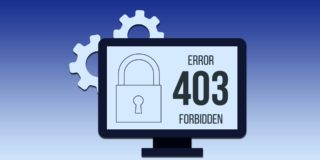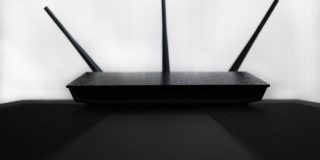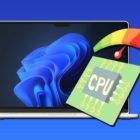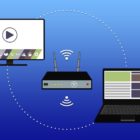The Best VPNs for Security [June 2019]
![The Best VPNs for Security [June 2019]](https://www.techjunkie.com/wp-content/uploads/2019/05/How-to-select-the-best-VPN-for-security1.jpg)
TechJunkie covers a lot of VPN subjects and makes recommendations regularly. This time is a little different. Rather than telling you what the best VPN services are and making specific recommendations, I’m going to show you what we look for in a VPN service. As privacy our main consideration, this tutorial will show you how to select the best VPN for security.
Security and privacy go hand in hand. If your VPN uses robust security, it enhances your privacy. Higher levels of protection and encryption means all your data is secure and your identity is safe whatever you do online. For us to be confident a particular VPN service delivers on those counts, we look for several things.
- Reputation of the company.
- Country of origin.
- Logging practices.
- Encryption levels.
- Device compatibility.
- Ease of use.
- Customer support.
Let’s take a quick look at why each of these is important.
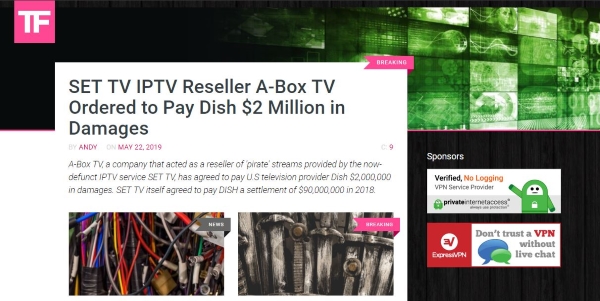
Reputation of the company
The reputation of a VPN provider comes down to how long they have been in business, how well they have been reviewed and how quickly they roll over to data requests from governments if they have received any.
It’s easy to set up your own VPN provider. You can white label an existing provider and sell it as your own or set up your own VPN connection. That means not all companies offering VPNs are created equal. Reviews will help assess their reliability, network speed, customer service and cost while we try to do the rest.
Whether they capitulate quickly to data requests or not is more difficult to assess but websites such as TorrentFreak are good sources of information on how reliable VPN providers are.
Country of origin
The country of origin is important as it will let you know the relevant jurisdiction and what disclosure laws the company may be subject to. Some countries have very strong privacy laws while others not so much. The US does have decent privacy laws but our national security apparatus habitually ignores them or works around them. This page has some interesting facts about different countries and their laws.
Logging practices
You will often see ‘no-log VPN’ mentioned either here on our website or when checking out VPN providers. This is essential and we do not recommend VPNs for security without that. Logs are created when you connect to a VPN server, when your unencrypted connection exits the VPN server onto the internet and on the return leg.
In theory, a log can connect the two legs and potentially identify you through your IP address and billing details held with the VPN provider. That separation between your encrypted connection and unencrypted exit is what gives you plausible deniability for any action you take while using the service. There is no point having that if a log can tell the FBI or NSA what you did and where you did it.
No-logging services do not keep those logs. Make sure to select a provider that does not keep any kind of connection or activity log.
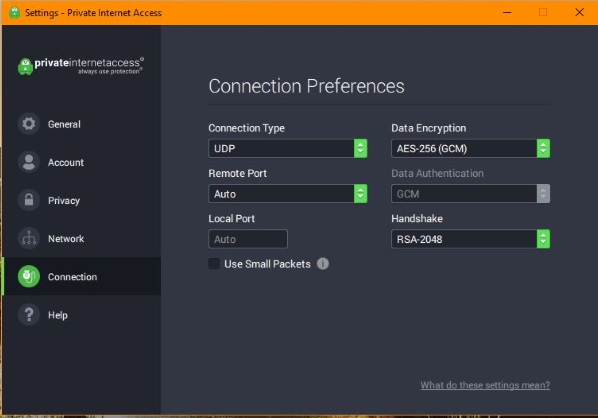
Encryption levels
Encryption levels describe the strength of the encryption used to secure your VPN traffic. The default minimum is 256-bit encryption. Whether that’s AES or GCM doesn’t matter as much as long as it is 256-bit. Many VPNs offer 128-bit defaults with the option for 256. Make sure the service you use runs quickly using 256.
As well as encryption, we also check for feature such as DNS or IPv6 leak prevention, VPN killswitches, ad blocking and value-add features. They have less of an impact on VPN security but are nice to have.
Device compatibility
Device compatibility is less about the actual security and more about the likelihood of your using the service on every device. If your VPN service works on every type of device, mobile, desktop, tablet, laptop, Android, iOS, Mac or Windows, you are more likely to use it on all those devices. That will drastically improve your security.
Ease of use
Most VPN providers offer apps that let you connect any device to any VPN server with ease. The simpler and more straightforward that process is, the more likely you are to use it all the time. If an app requires a single click to connect you or a single selection on a phone, this makes it much more likely that you’ll use it.
Customer support
Similarly, customer support is about keeping you connected using the VPN. Responding quickly to questions, having good documentation that helps you set up your VPN and simple methods of payment are all part of customer support. If a product is well supported, you are gong to find living with it much easier as a result.
When you read VPN recommendations on TechJunkie, each provider will have been assessed using these criteria. Only then will they be deemed worthy of your attention!




